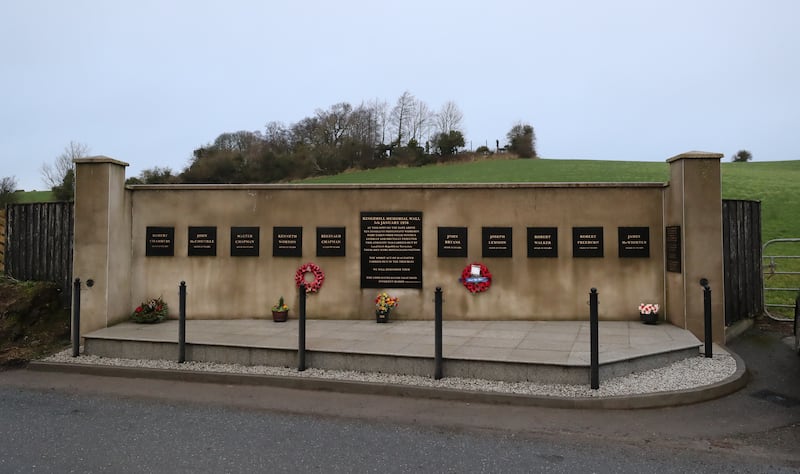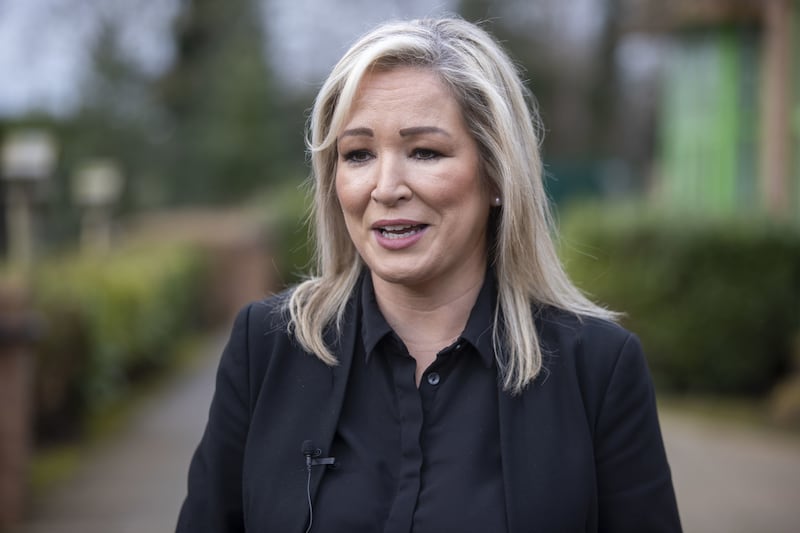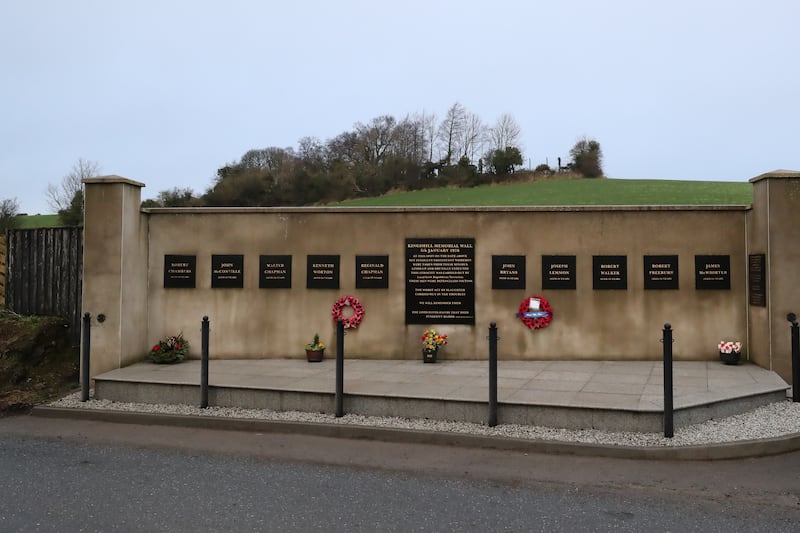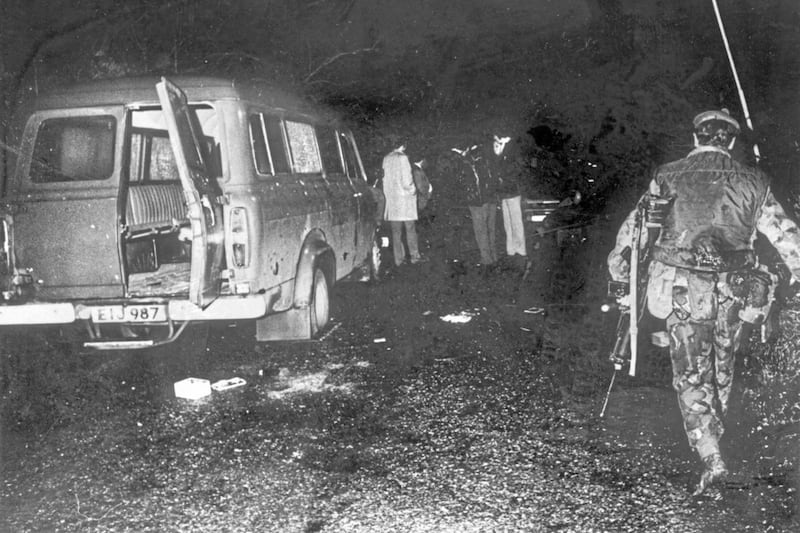The families of a victim of the Kingsmill massacre and the only survivor have said there now must be a public inquiry into the atrocity.
John McConville died along with nine others in the attack on January 5 1976, while Alan Black was seriously injured.
Their families said the findings in the long-running inquest into one of the darkest days of the Troubles had not answered their questions.
A joint statement from both the McConville and Black families said: “At the start of the inquest eight years ago we were full of hope that the many difficult questions that have burdened us surrounding John’s murder and that of his colleagues and the attempted murder of Alan Black would be answered.
“However, as we progressed through the inquest our questions have not been answered and our concerns have grown.”
The families were critical of the original RUC investigation into the killings.
They said: “We do not accept the context of the times – 1976 – as a reason for an ineffective police investigation, which was wound down significantly shortly after the funerals of those killed at Kingsmill.
“It appears to us that the politics of the conflict at the time encouraged atrocities such as the Kingsmill massacre to be conveniently set to the side and ignored.”
The families were also critical of a decision by the coroner not to name two dead suspects.

They said: “We were distressed that the coroner could not name two deceased suspects who were suspected to have been involved in the murder of John and his colleagues and the attempted murder of Alan Black.
“All suspects in the case were allocated cipher references to both identify and protect their anonymity during the inquest process.”
They added: “Concealing the names of dead suspects leads only to conjecture and misinformation, rumour and suspicion, which the inquest system should serve to dispel and allay.
“We are also gravely concerned that there are persons suspected to have been involved in the Kingsmill massacre who are being protected by the Crown for a wider political purpose.”
They added: “This inquest has lasted almost eight years from its opening in May 2016.
“While the inquest could be described as thorough at times, the quality and limitation of information supplied by both the police and the Crown did not provide any more answers to the family of John McConville and Alan Black.
“Much of the actual information was either heavily redacted or subject to PII (public interest immunity) status.
“The inquest was noticeably plagued with engineered Crown-inspired delays, procrastination and interruptions and we can only conclude that these were introduced in the misguided hope that we would eventually lose interest, wither away and die.”
Their statement added: “We will be considering the verdict and findings of the coroner in the following days.
“We intend to make representations to the Secretary of State (Chris Heaton-Harris) to demand a public inquiry.
“The demand for a public inquiry will be made in part due to the over-use of PII sanctioning that denied us the opportunity to effectively participate and engage in and provide the court with relevant submissions.”
Karen Armstrong, the sister of Mr McConville, said: “We are disappointed but not surprised that the PIRA would not participate in the inquest despite numerous pleas from the coroner.
“They were not prepared or honourable enough to confront their barbaric actions in the courtroom.
“This represents the blatant disregard they have to truth recovery.
“We hope this will be noted and considered by Sinn Fein.”
The legal firm representing the two families said the inquest proceedings had shown “collusion had no boundaries” during the Troubles.
The KRW Law statement said: “The verdict and findings of the inquest today represent the next stage on a fraught legal journey.
“The next step for (is) to demand a public inquiry into the Kingsmill massacre.
“This should be established by way of section 1 of the Inquiries Act 2005 and conducted in accordance with human rights standards of investigation.”








